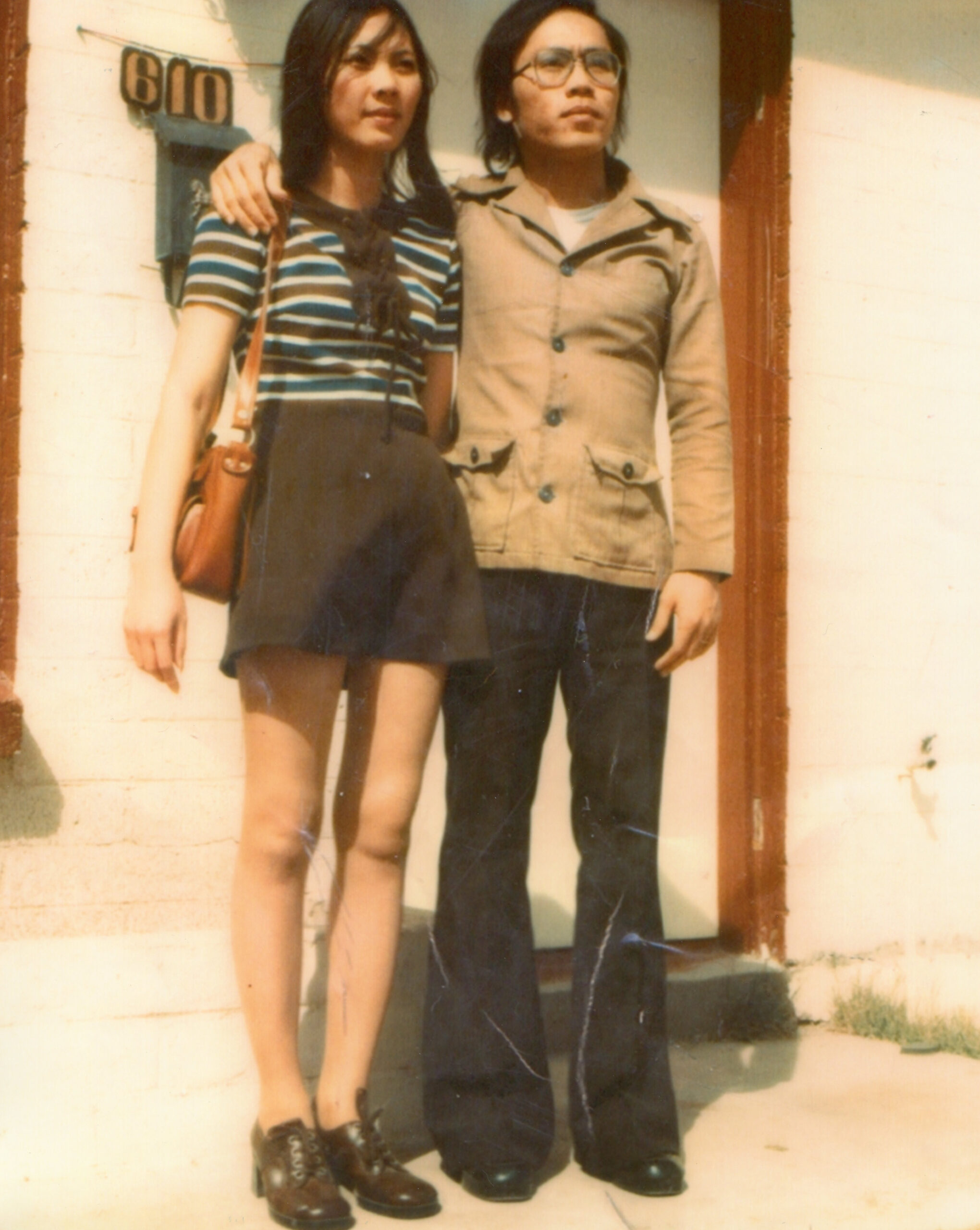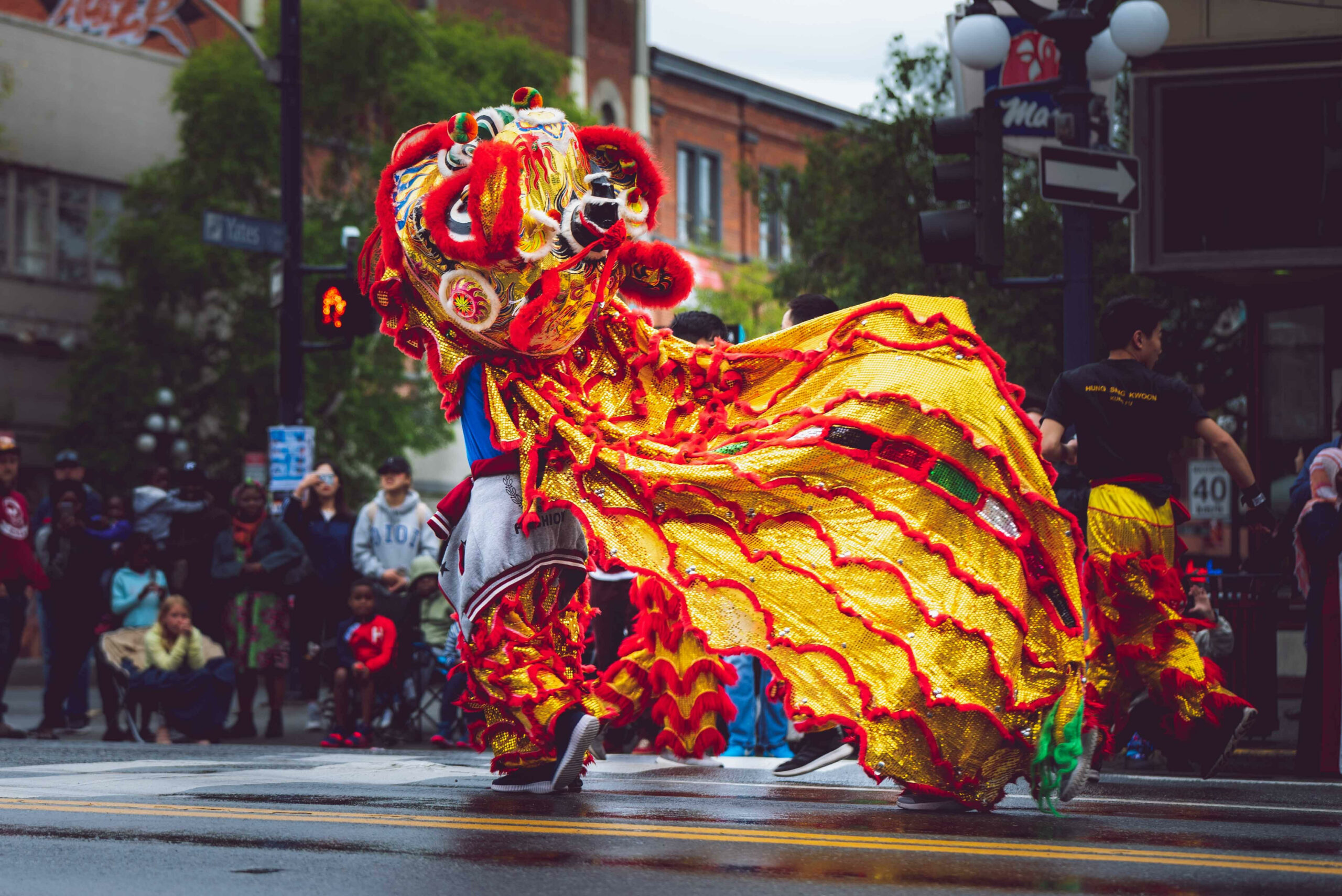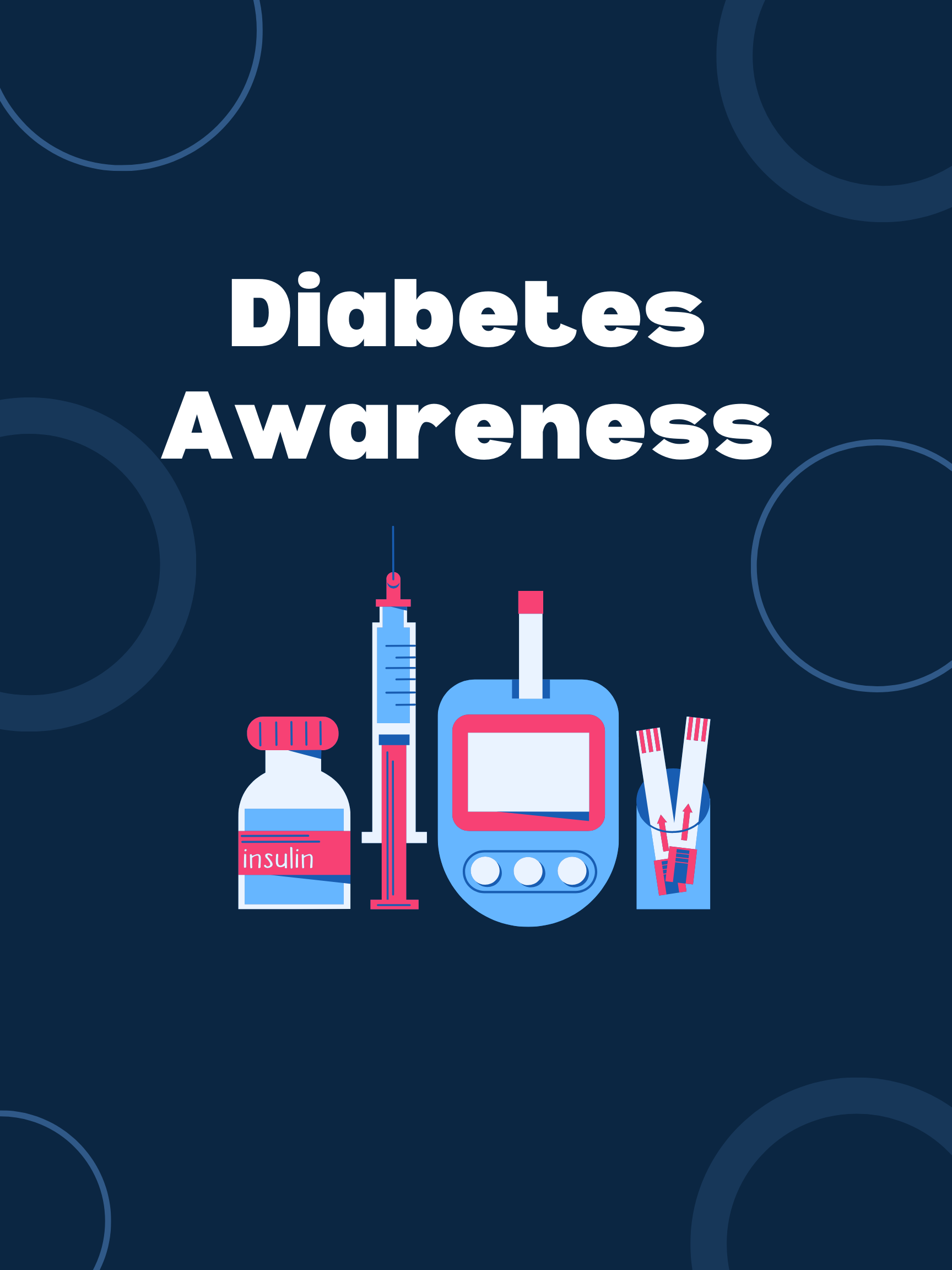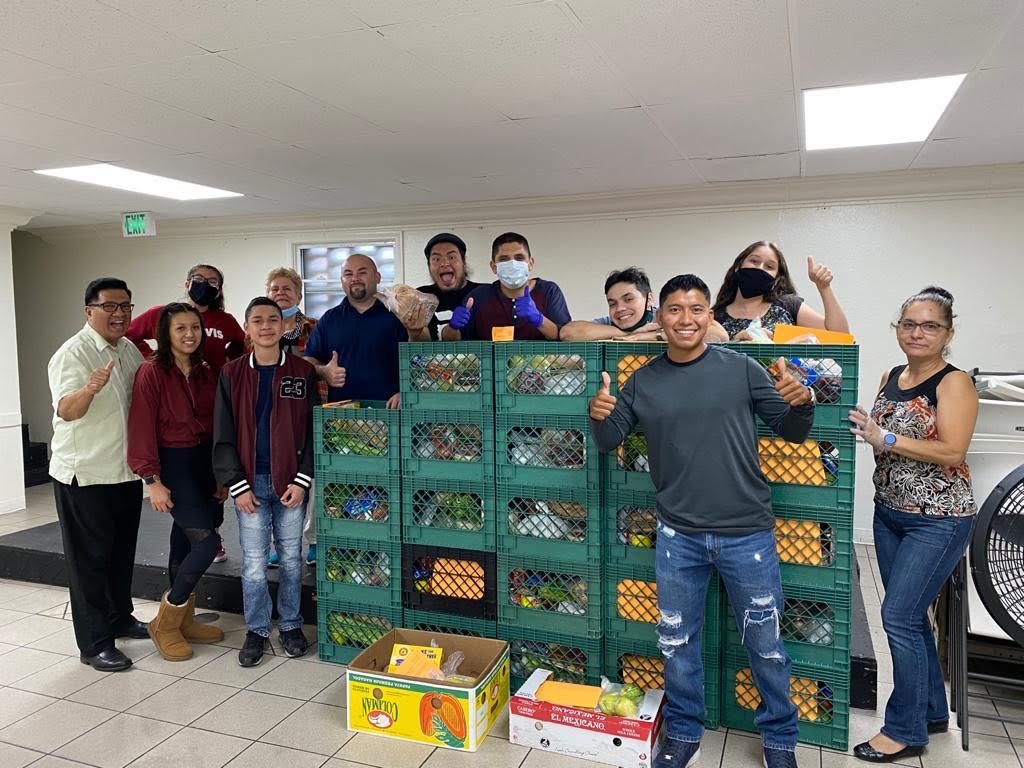Phuong Nguyen and his wife, Phuoc Nguyen, in the 1970s. Photo courtesy of Phuong Nguyen.
By Jasmine Nguyen, Culture Editor
The small coastal village of Phuoc Tinh was thrown into chaos. The relatively quiet community made up of fishermen had remained peaceful throughout the conflict between the Communist and Southern Vietnamese army.
But as the month of April came to a close, my grandpa Phuong Nguyen could only watch in grief from his spot on a fishing boat as he watched the local church be engulfed by flames from a communist rocket.
The boats that populated the harbor were scrambling to depart, as hundreds of families rushed to leave their homeland.
In fact, there were 90 other refugees on the same boat as Nguyen, but his family was not among them.
And he missed them.
It’s been 45 years since the Fall of Saigon, and Nguyen was one of the millions of Vietnamese people who had left their homeland in the wake of the war.
Nguyen was 21 years old, he had only been at his job as a primary school principal for a year before rumors of the Viet Cong closing in on the South Vietnamese stronghold of Saigon (now Ho Chi Minh City) spread to his coastal village.

His family had attempted to escape 10 days before the final attack from the communist forces when they hit Independence Palace (the home of the South Vietnamese President). They were worried, Nguyen’s parents had escaped Northern Vietnam in 1954 due to fears of religious persecution (as Catholics, they were a religious minority), and Nguyen’s job as a government worker was risky.
They were unable to leave because Nguyen’s grandmother got far too seasick to be able to venture out from their homeland, which resulted in the family making the hard decision of returning back to Phuoc Tinh.
But, Nguyen’s father was still worried. There were rumors of re-education camps, labor-intensive and oftentimes those who went never returned. Nguyen’s job as a primary school principal could put a target on his back. So his father made arrangements to send Nguyen to leave Vietnam by boat.
Nguyen remembers waiting; the boat was docked at Phuoc Tinh for almost half a day as they waited for more families to come aboard.
But the only emotion running through the young man’s head was homesickness. He had spoken to the owner of the boat, in hopes of being able to leave back to his village but he was denied.
“He told me if he had let me go, I could have been followed by the police,” Nguyen retold. “I could have gotten the whole boat arrested.”
So he stayed, but as the boat left the port to set sail to Thailand, away from the chaos onshore, more trouble arose.
As they sailed to the neighboring country, Nguyen recalled how several pirate ships circled their boat, and attempted to jump on board.
“It was a very scary experience,” Nguyen said. “[The pirates] pursued us for almost 2 hours, before finally giving up on the chase.”
When the boat finally arrived in Thailand, Nguyen and the other refugees were turned away. The country couldn’t take them in, so they left for Malaysia where they were also turned away. It wasn’t until they arrived on an island off of Singapore that they found a place to stay temporarily.
When they landed on the small island, an abandoned prison had been repurposed to become a refugee settlement. Nguyen and the others slept in cells, were given food and occasionally were able to watch movies when not preparing for their departure for the United States.
Nguyen stayed at the refugee settlement for six months, where he spent his time applying for refugee status in the U.S. as well as helping other refugees with their applications as his English was more proficient than others.
But mostly, he worried about his family back home.
“At that time, almost every day….there were new boats coming in from Vietnam and they told stories of people being killed or being put into prisons,” Nguyen said.
When the time came for Nguyen to leave the refugee settlement, for the United States, he found himself plagued with uncertainty. A country he knew almost zero about besides the information given to him from his old English textbooks.
“The uncertainty of the new place that was the U.S.A. bothered me a lot,” Nguyen said, “But I just had to go with the crowd; there was nothing I could really prepare myself for.”
Nguyen eventually made it to the United States, first living in a refugee camp in Arkansas, then Texas before getting married to his wife and moving to California for the rest of his adult life. He became an engineer and stayed in that career before retiring in 2016.
He thinks that he’s lucky and grateful for the life he has right now. Throughout the war, he was fortunate enough to not have been personally affected by it on a daily basis. Many other people lost their family members, and some of Nguyen’s friends were sent to re-education camps in the wake of the war.
“During my journey to the ‘Freedomland,’ I encountered some difficulties but it was not that bad… I was able to adjust…and gain a comfortable life for my family,” Nguyen said.
Nguyen understands that his feelings of the war are different from most Vietnamese people, as they have lost more than he ever could. But as he grows older, he finds himself thinking that the war was a great waste of human life.
“Nothing is worth a human life,” Nguyen said.”No ideology is valuable as a human life.”



